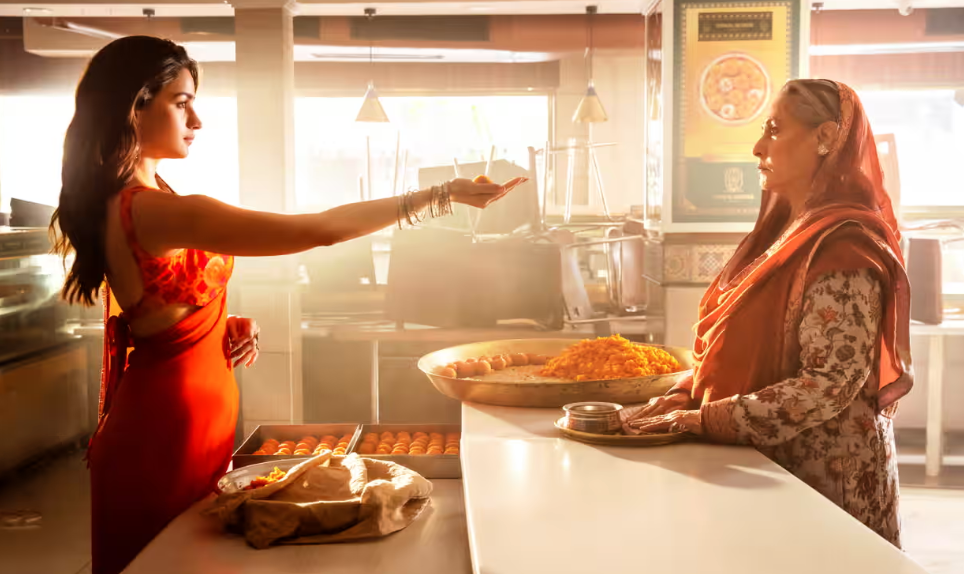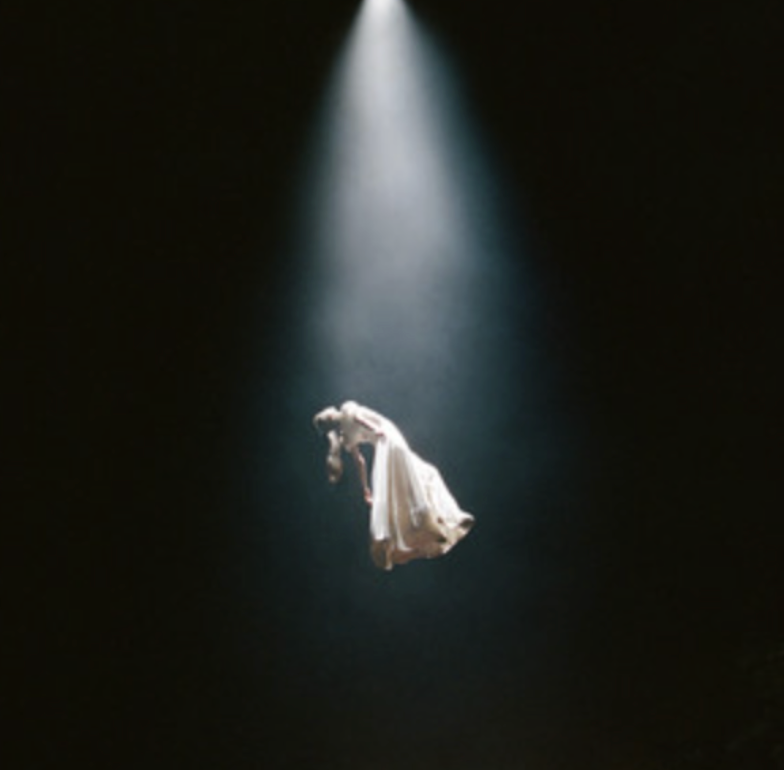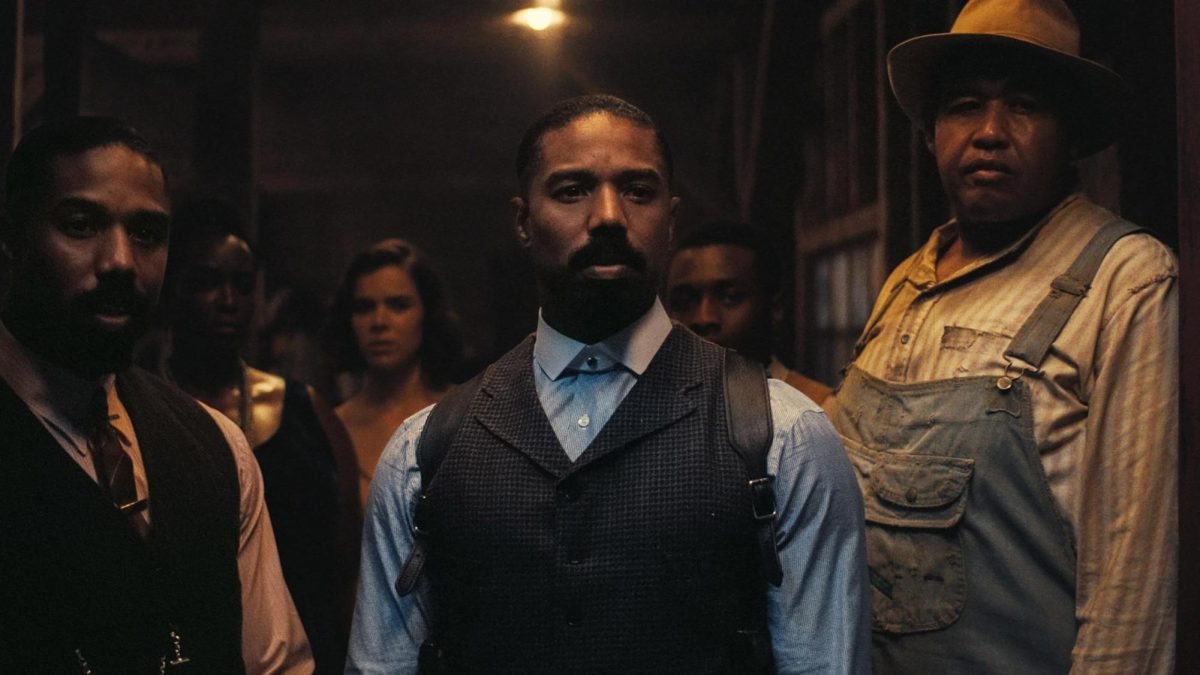Rocky Aur Rani Ki Prem Kahani hit theaters on July 28, 2023, making significant waves in the Bollywood industry throughout its run. Focused on what originally seems as a meet-cute, the movie highlights cultural and religious challenges that haven’t been addressed by Bollywood before. It stars some of Bollywood’s biggest actors, Alia Bhatt, portraying Rani in the film, and Ranveer Singh, taking on the role of Rocky. Both make an irreplaceable pair that is emphasized with their chemistry throughout the movie. Karan Johar, a notorious Bollywood director known for his work in movies like “Kuch Kuch Hota Hai” and “Student of the Year,” absolutely kills it with the dance numbers, script execution, comedy, and overall production.
Rocky Aur Rani Ki Prem Kahani begins with an introduction to the two main characters, each with their own perfectly-suited theme song. When Rocky and Rani originally meet, Rocky automatically falls in love. But she dismisses their relationship to those who ask about it, taking it so far as to reject his proposal when he asks her to marry her. On a work trip, complemented with an iconic Bollywood romantic song, she realizes her love for Rocky, and the two eventually reunite. Due to their class difference, the two decide to switch houses for three months, hoping that their parents adapt to the other. The two characters are notably a switch of what we’ve seen from Bollywood in past years. In bollywood movies, the Indian women are normally uneducated and rich because of their family, while the man takes the lead in education and knowledge. Rocky Aur Rani Ki Prem Kahani sets themselves ahead of other Bollywood movies with the background of the characters themselves, proving that the “dump lead” doesn’t always have to be a woman.
Moreover, they come from very different cultural backgrounds. Rani is very progressive compared to other female main characters in Bollywood. Unlike other characters, she’s very educated with a sustainable career. Rocky portrays what a classical bollywood girl would be like – stupidly rich but not as educated, benefiting from family wealth. The two represent a classical gender swap, giving Rani the traits that a male character would normally receive and Rocky the ones that a female character would.
Rani goes to live in Rocky’s parents house, while Rocky does the same for Rani’s house. The movie follows Rani breaking cultural norms in India, influencing the women in his house to speak up for themselves, which would never be originally allowed in Bollywood or in India throughout the past. In one scene, Rani even tells Rocky’s mom not to not serve the food to them, stressing that it’s a family activity instead a chore that a woman should be burdened with. On the other hand, Rocky assimilates with Rani’s culture and proceeds to perform a glorious classical dance, breaking masculine stereotypes in India. After several subtle comedic punchlines, Rocky effectively proves that “hunar ka koi gender nahi hota hai” or “skill has no gender.”
The movie does a great job of breaking Bollywood’s stereotypical portrayal of gender roles and cultural norms, emphasizing the importance of diversity in Bollywood, whether it pertains to gender or class. However, it is notable that some aspects of the film could benefit from a more careful consideration of feminism, an example being Rani yelling at Rocky’s mother and sister telling them to “use their spine”, while there are multiple reasons as to why they could, and do not. Keeping this in mind, Rocky Aur Rani Ki Prem Kahani, in comparison to what the Bollywood industry is used to, challenges multiple norms and deserves commendation for what it hopes to achieve.
With all components considered, Rocky Aur Rani Ki Prem Kahani is a soon-to-be classic that will be remembered for its dances and older, iconic songs, but mostly for its progressive attempts to how women are viewed in bollywood. Overall, I give it a 4.5/5, the only points being for the dismissal of the real world boundaries that prevent women from speaking out, but progress is progress. Watch it for nostalgia, the revival of Bollywood fantasies we’ve dreamed of since the late 1990s, Ranveer Singh’s comedic punchlines, the weird amount of pride that comes with watching a woman extremely succeed in a movie, and the rush of emotions that’ll come over you when you least expect it.













